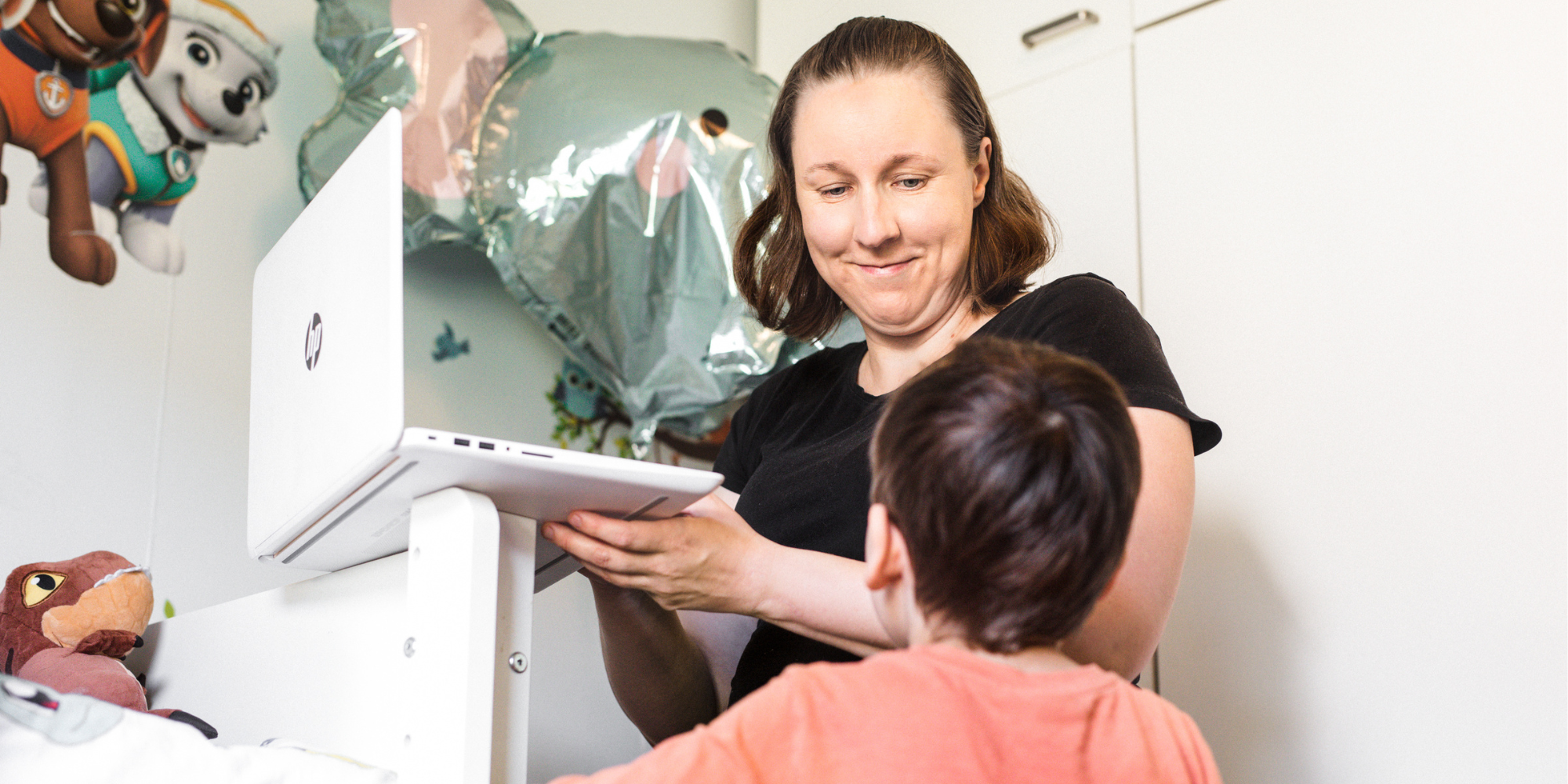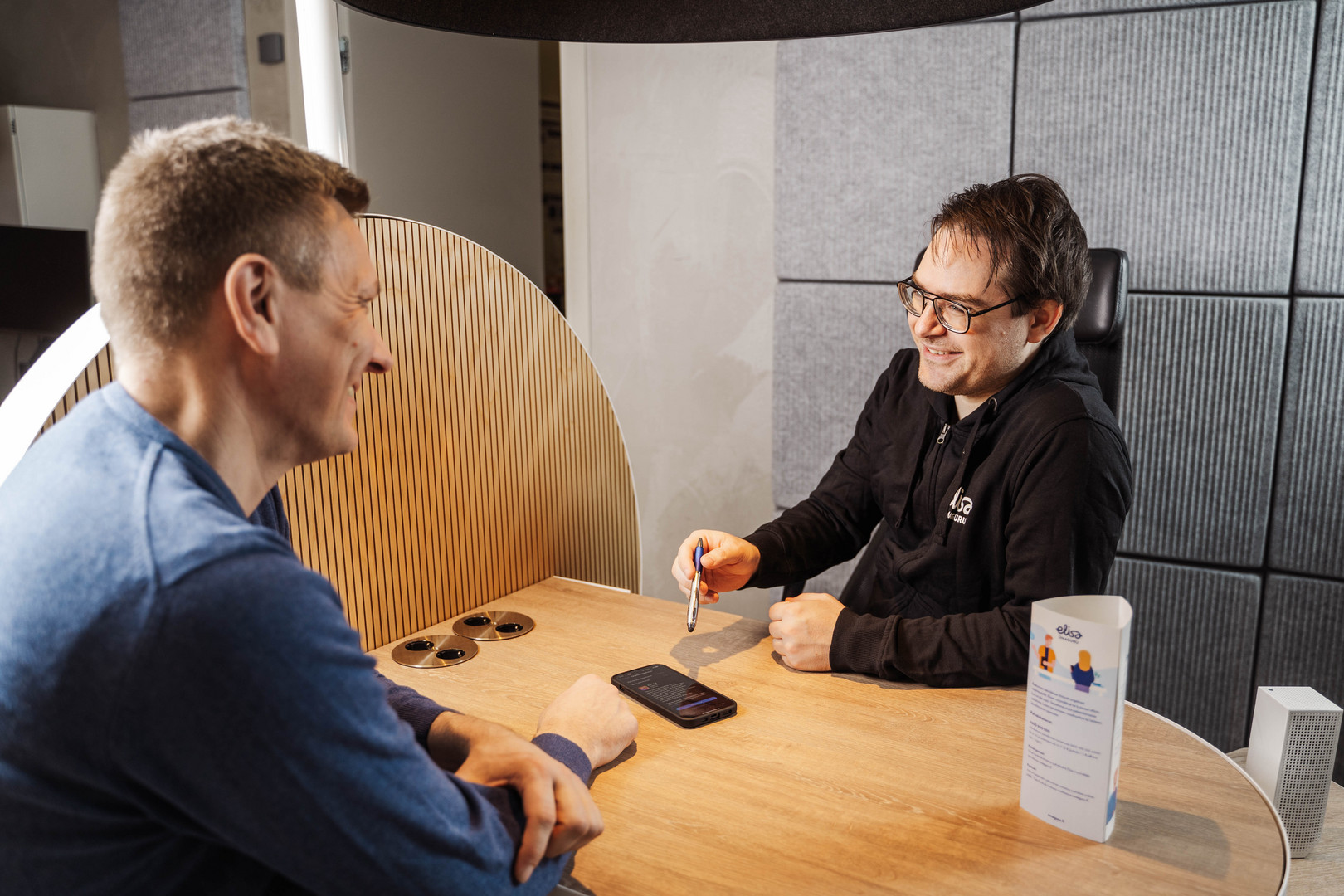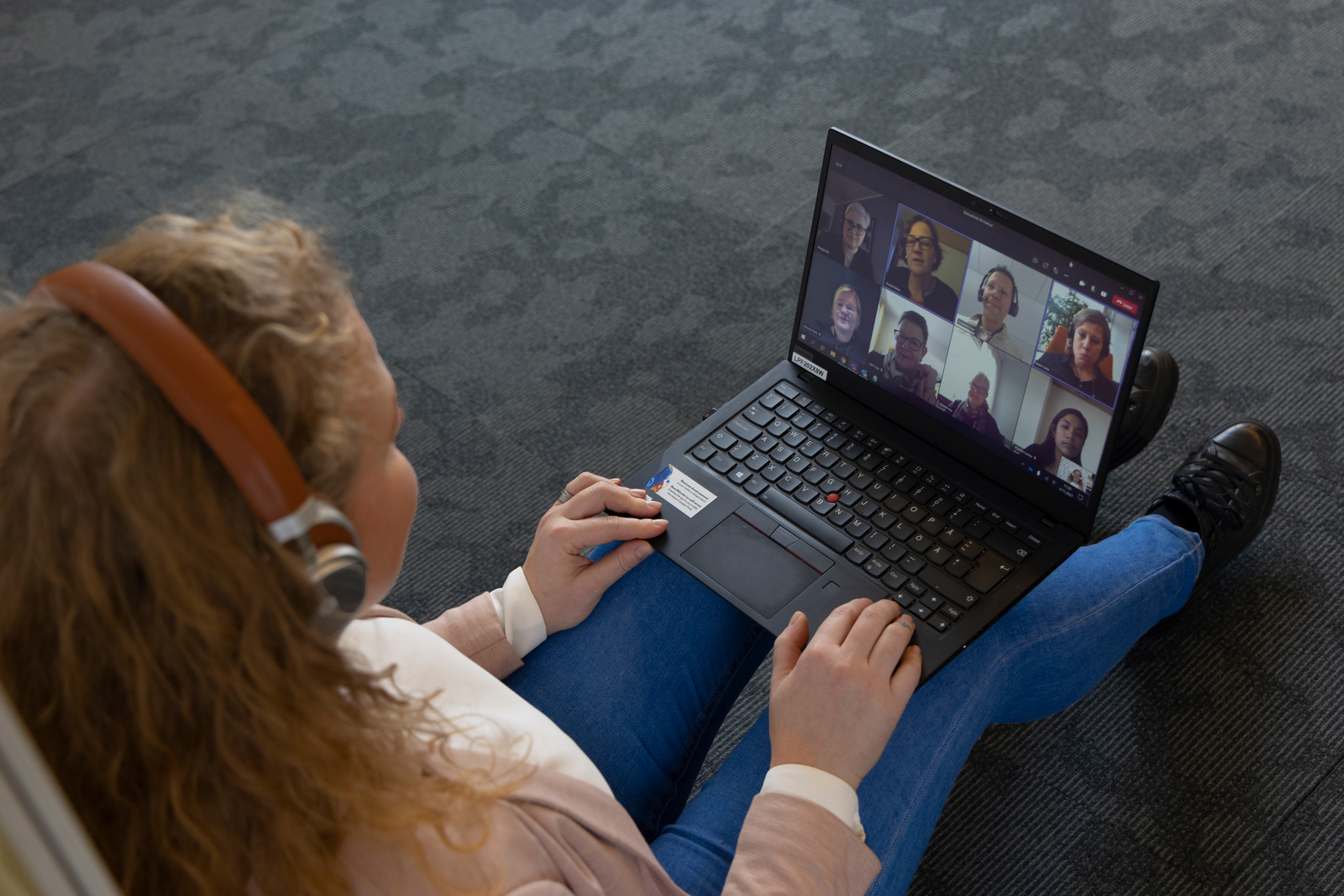Recycling phones can reduce our carbon footprint. Responsibly recycling old devices is something we should all be concerned about. Elisa supports the circular economy by offering services that help with this.
Author: Hanna Kangasniemi
Large effects can grow from small actions. Everybody can affect how far our natural resources will stretch and how well we can mitigate climate change. Thinking responsibly is also among Elisa’s values. We offer opportunities to procure and recycle phones in a way that actually reduces the user’s carbon footprint.
“We are in a situation where in Finland we’ve already used this year’s share of the world’s natural resources. Earth Overshoot Day is the date when the ecological footprint of the human race exceeds Earth’s capacity to produce new renewable resources. If we carry on with the same model, by 2050, we will need three Earths to cope with our excessive consumption of resources”, explains Jonas Kronlund, Corporate Responsibility Manager at Elisa.
Elisa’s mission is a sustainable future through digitalisation. By investing in services that are more environmentally friendly and reduce the carbon footprint, Elisa can increase the “carbon handprint” of the products it sells. The carbon handprint means that a company through its actions and services enables others to reduce their own carbon footprint.
“We can’t go on thinking that we can use a product and then just throw it away and replace it with a new product made from virgin raw materials. The circular economy is the only choice we have if we want to foster a sustainable future”, says Kronlund.
Encouragingly, Finland fared very well In a UN study of sustainable development in 150 countries, but the greatest challenges proved to be preventing climate change, making consumption and production more sustainable, and preserving biodiversity.
Extending the useful life of phones saves natural resources
Thinking about the way we use our own phones, the best way to save natural resources is to extend the time for which we use our phones, or to refurbish them and resell them in Finland. People keep their phones for two years, on average, but by servicing and reusing them, we can at least double their useful lives.
“According to a study*, around 70 per cent of people don’t recycle their old phones, and the same number of people have phones that could be recycled. Many people have as many as seven old devices gathering dust in a drawer somewhere. This is a huge wasted opportunity”, Kronlund laments.
More hopefully, young people are particularly keen on recycling old phones and buying used devices. As many as 79 per cent of people aged 18–24 say they will recycle their phones, with women being more in favour than men.
Kronlund recommends recycling old phones through a company that specialises in it. This is the most secure way of disposing of an old device. Newer phones can be refurbished and resold with a warranty to new happy owners
Elisa wants to increase the number of used and refurbished phones it sells. The demand for used phones is already higher than supply.
99 per cent of raw materials in a phone can be utilised
If an old phone isn’t in condition to be reused, the materials used to produce it still have great value. 99 per cent of the raw materials in a phone can be recovered and utilised again.
Manufacturing phones uses non-renewable natural resources, such as gold, silver, aluminium, copper, cobalt, iron and lead. These can be taken into use again by collecting electrical and electronic waste and recovering these minerals through what is known as “urban mining”.
“For example, we can get between 29 and 70 grams of gold from 1,000 phones. The amount of gold in 80 phones is enough to make a 14-carat gold ring. A tonne of electronic waste has about 100 times as much gold as a tonne of gold ore”, Kronlund explains.
“Elisa offers digital services that people can access through mobile devices. Because Elisa uses only electricity from 100-per-cent renewable sources to produce its services, the largest part of the emissions from its operations are indirect emissions from purchased goods and services. Over 40 per cent of these emissions come from the production and shipping of phones. This is why environmentally friendly production and recycling are important to us.”
Responsible recycling of materials guarantees that valuable resources can be reused. This means that the hazardous materials used in producing mobile phones do not end up polluting the environment.
“Elisa offers services that support recycling of old phones. Phones that aren’t viable for reuse still need to be recycled in a responsible way. If someone wants to buy a new phone and their old phone still has some resale value, it’s a good idea to check out the Elisa Vaihtoetu trade-in scheme. Elisa’s partner Fonum offers a similar trade-in scheme, but you don’t even need to buy a new phone. They can refurbish more recent devices and sell them to new owners at a reduced price”, Kronlund explains.
Tips for recycling (in Finnish)
* The study in question was carried out by IROResearch and included questions about recycling and the circular economy. Tuhat suomalaista – omnibustutkimus 3 & 4/2021 (“1,000 Finns – omnibus surveys 3 & 4, 2001”)
Read more:
Scam calls damage trust in Finnish phone numbers






